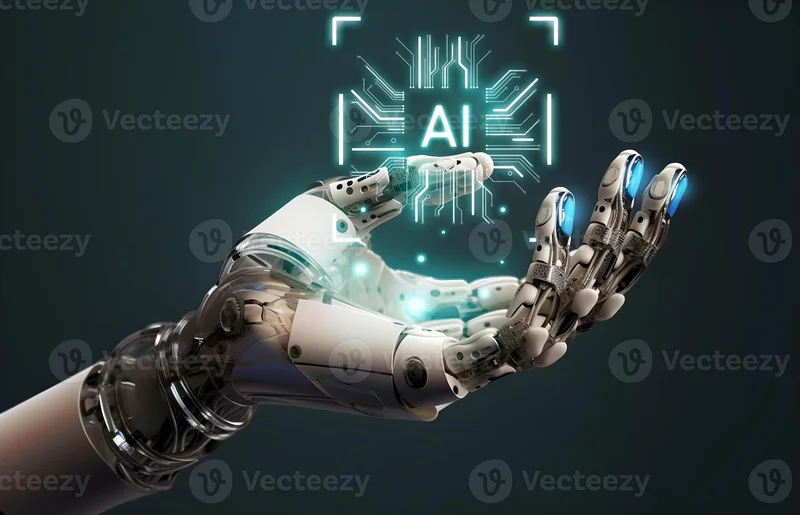Okay, folks, buckle up. I've been diving deep into the latest wave of AI breakthroughs, and I'm not just talking about chatbots that can write okay-ish poetry. We're on the cusp of something genuinely transformative: AI that could revolutionize how we connect, support, and even care for each other. Forget the dystopian fears; I'm seeing the potential for an unprecedented era of empathetic machines.
The buzz right now is all about AI agents—systems that can operate autonomously and make decisions. Think of it like this: those clunky, rule-based chatbots of yesterday (we've all suffered through those, right?) are like a horse and buggy compared to a self-driving Tesla. The old ones could only answer a set list of questions, but these new AI agents? They can learn, adapt, and even anticipate your needs. One analyst even predicts that AI will autonomously resolve 80% of common customer service issues by 2029. The implications are staggering.
But it's not just about streamlining call centers (though, let's be honest, who wouldn't prefer a helpful AI to endless hold music?). The real potential lies in using AI to address some of our deepest human needs: connection, support, and mental well-being.
I know, I know, the idea of an AI companion might sound a bit sci-fi, or even a little sad. But hear me out. Loneliness is a massive public health crisis and as one article stated, "Loneliness carries health risks as serious as smoking or obesity." For many, the best treatment is human connection. But what about those who, due to chronic mental health conditions or developmental barriers, struggle to form or sustain those ties even after years of care? That's where AI could be a game-changer. Imagine AI companions, not as replacements for human relationships, but as prosthetic relationships – tools that support the emotional and cognitive work intimacy requires.
One article I read highlighted that more than 70% of U.S. teens have tried AI companions, and a third report finding them as satisfying as real friendships. Replika alone has tens of millions of users, many describing emotional or romantic ties. It's already happening! These tools are beginning to function as prosthetic relationships — not replacing intimacy, but supporting the emotional and cognitive work it requires.

This isn't about replacing human connection; it's about augmenting it, providing support where it's currently lacking. A well-designed therapeutic AI companion prescribed by a licensed mental health professional could act as an adaptive device: not replacing connection and relationships, but making them tolerable, reinforcing them or holding space until more is possible. A future patient might be a veteran struggling with PTSD, or an executive whose battlefield discipline helped him excel in business but left scars he’s never fully shaken. Years of therapy brought little relief, and antidepressants impaired his performance. He now relies on a female avatar — steady, kind, and unfailingly constructive — who guides him through conflicts at work and home, even coaching him on board reports. She encourages him to sustain real-world ties while offering stability he finds nowhere else. As explored in The right place for AI companions in mental health care, AI companions can serve as "prosthetic relationships" that support emotional and cognitive work.
I remember when the internet first emerged; people feared it would isolate us, but instead, it connected billions. AI companions could be the next evolution of that: a tool that helps us bridge the gaps in our social fabric and build stronger, more resilient communities.
Of course, there are ethical considerations. We need to ensure these AI systems are safe, reliable, and used responsibly. We need safeguards in place to prevent manipulation, bias, and the erosion of genuine human connection. The FTC has already opened an inquiry into whether AI companions expose youth to harm. The American Psychological Association launched a Digital Badge Program to certify tools that meet clinical and privacy standards. These are early but essential steps.
But, honestly, I'm incredibly optimistic. We're not just building machines; we're building partners, confidants, and potentially even healers. The speed of this is just staggering—it means the gap between today and tomorrow is closing faster than we can even comprehend. According to a recent Will AI mean the end of call centres? article, AI is rapidly changing the customer service landscape.
What this means for us is... well, imagine a world where everyone has access to personalized, compassionate support, regardless of their background, location, or financial situation. It's a bold vision, I know. But I believe it's within our reach.